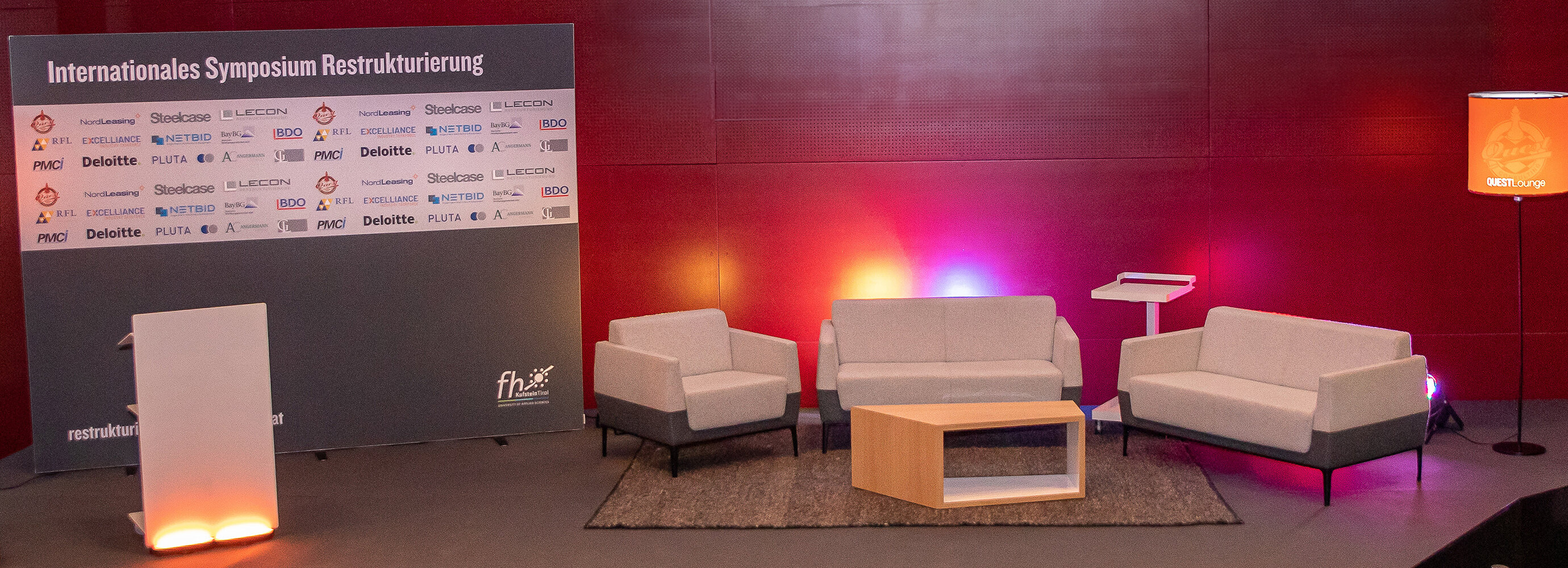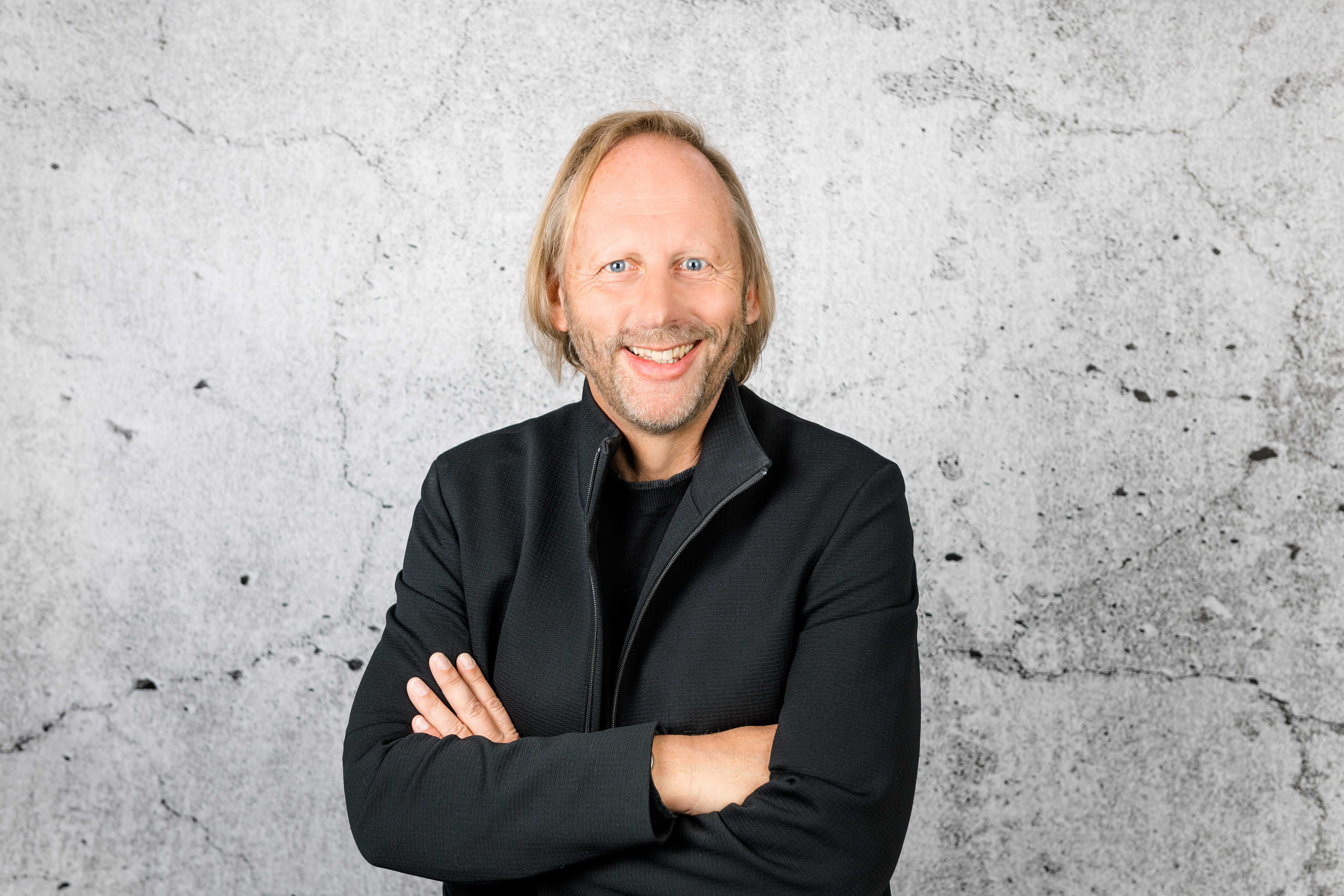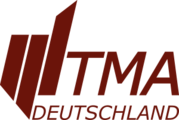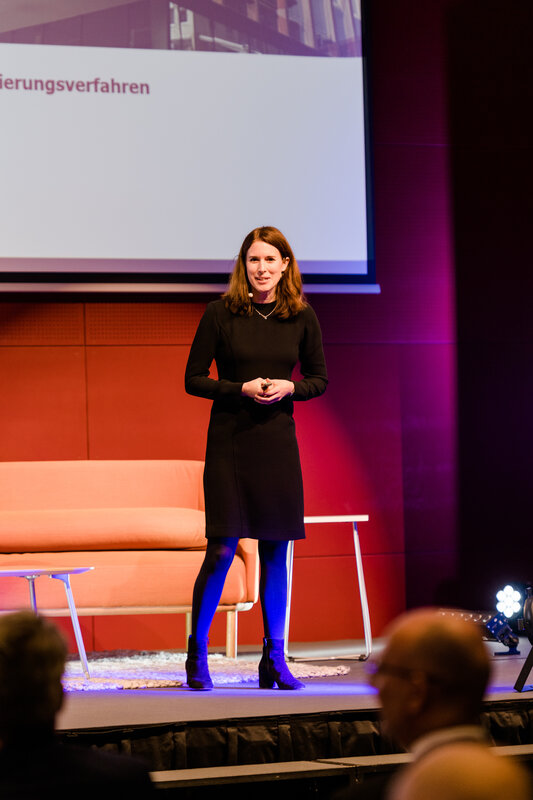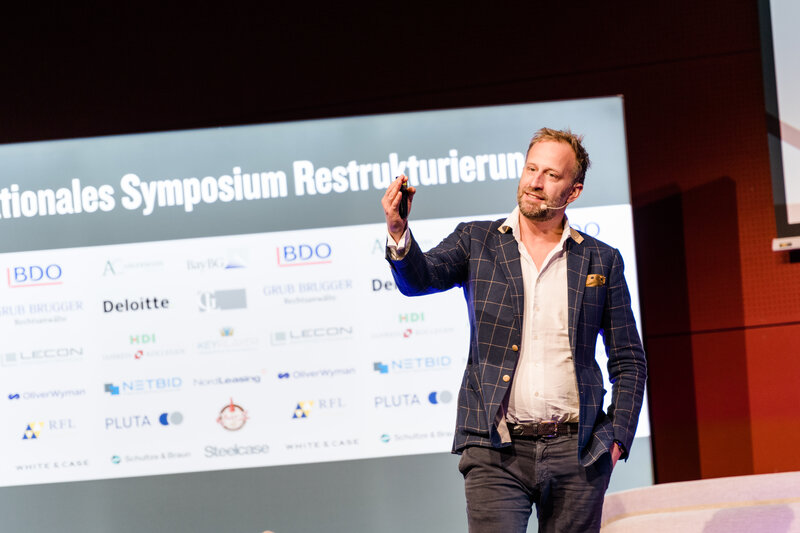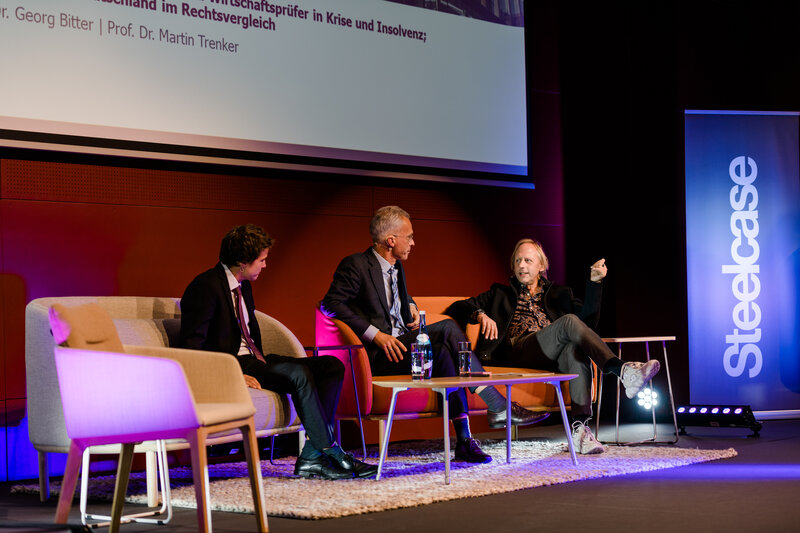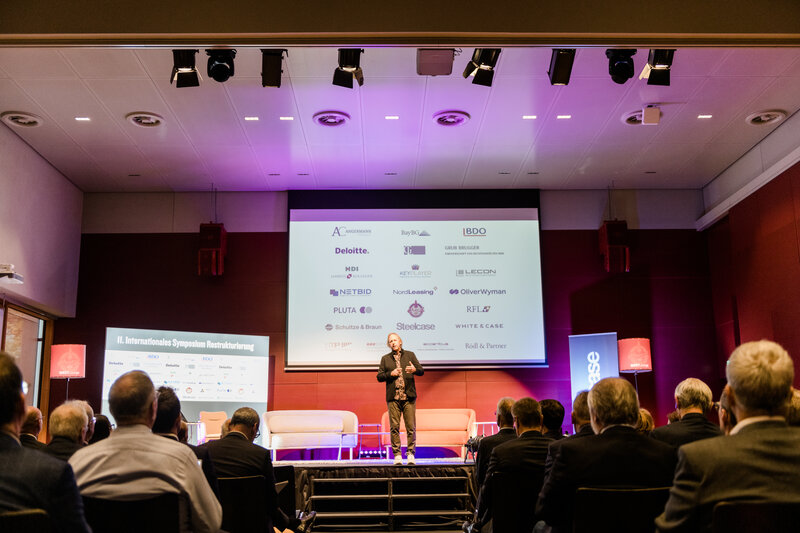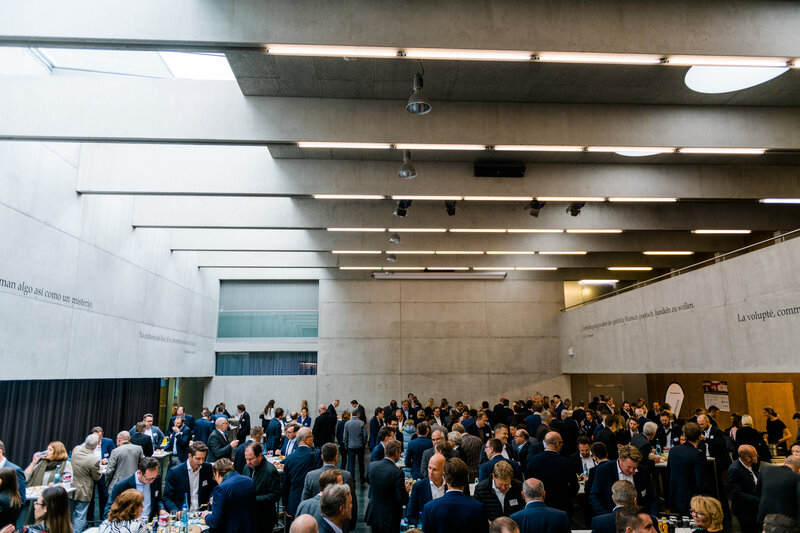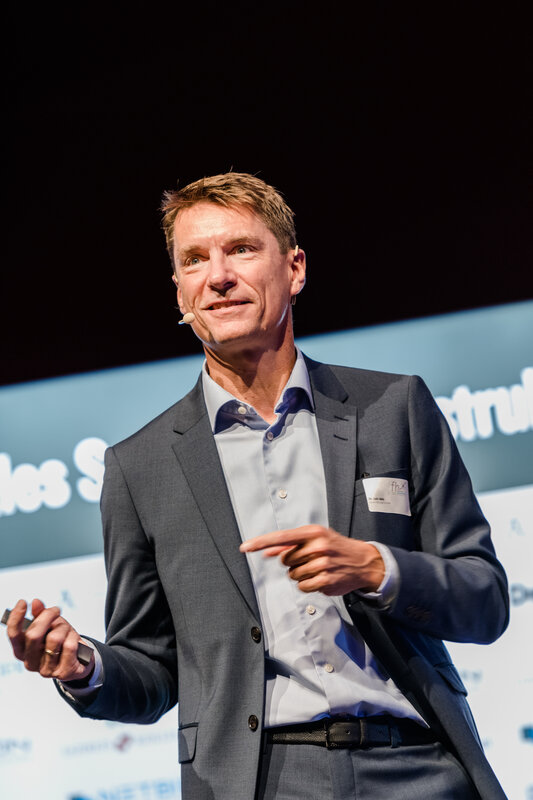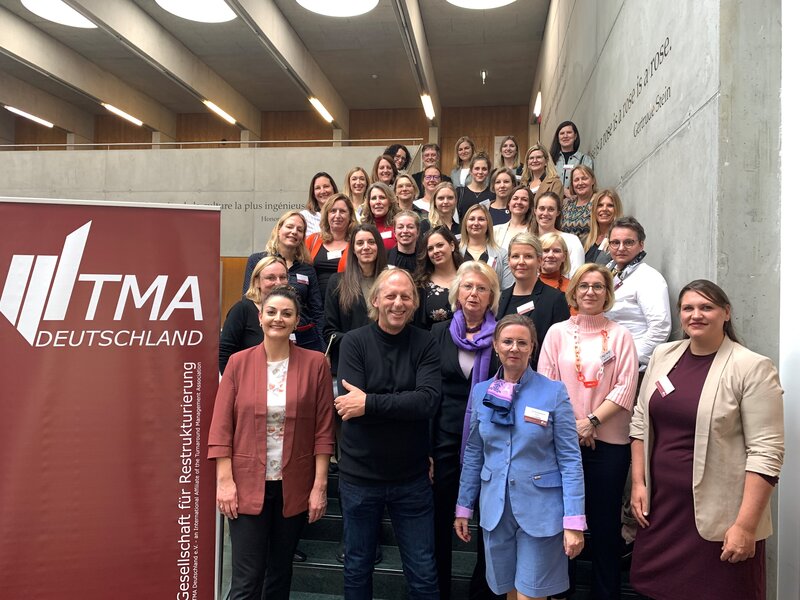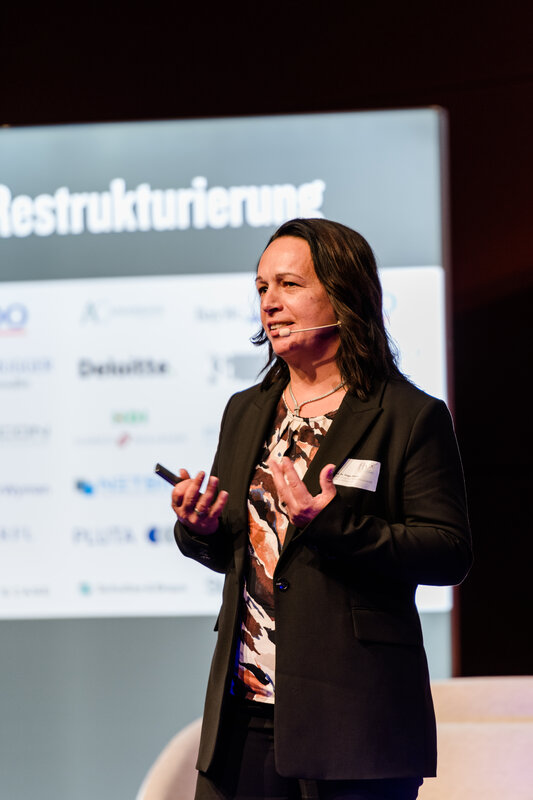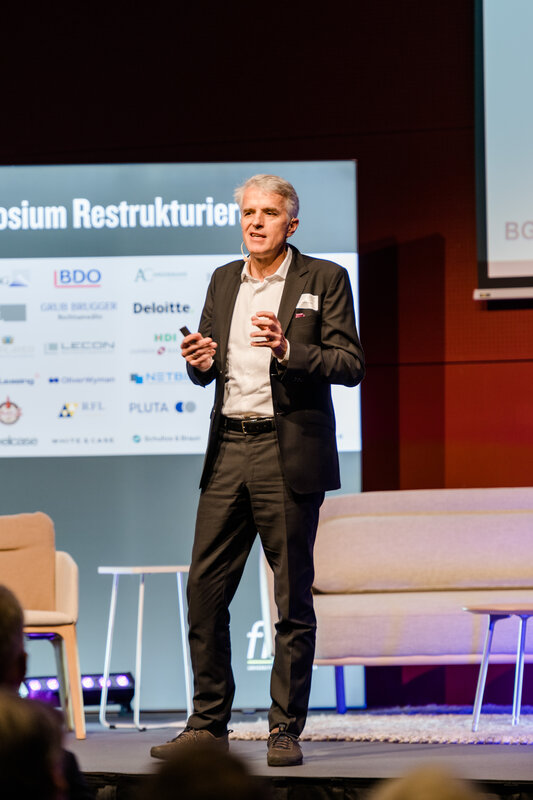11. International Restructuring Symposium 2022
From 09:00
To 17:00
FH Kufstein Tirol
Fri
21
Oct
From 09:00 To 17:00
INVITATION
Are you an executive, entrepreneur or interested in innovative business models?
Then don't miss our annual conference on October 21, 2022. Immerse yourself in the world of transformation and turnaround. Experience inspiring lectures, take part in interactive workshops and make valuable contacts with industry experts.
Program
ANNUAL CONFERENCE 2022
THE FUTURE IS NOW
Keynote
-
Keynote
09:45 - 10:30 Nick Sohnemann, Hamburg
ONE LOOK AT THE TRENDS, THE STRUCTURAL CHANGE IS COMING
Digital transformation is not possible without cultural change. Curiosity, courage and agility are crucial attributes for tomorrow's business success. People who do nothing are not doing anything wrong. If an innovation project is avoided, then nothing can come of it. But how does leadership work in medium-sized companies? If we as a society want to attract employees who are keen to innovate, then we also have to make the working environment attractive. Flexibility in terms of location, space and time must be guaranteed in order to establish a culture of innovation at all. The number of patents is not the deciding factor for a company's ability to innovate. It would be better to think in terms of the number of “releases”, i.e. the number of individual versions launched. Industries remain, companies die.
Transformation
-
Transformation
10:30 - 11:15 Dr. Lutz Jäde, Munich
THE IMPACT OF THE CORONAVIRUS PANDEMIC AND THE WAR ON COMPANIES AND FINANCERS
Long-term effects of the COVID-19 pandemic, in particular supply bottlenecks and the increase in raw material and freight costs, are still weighing on the global economy and are being exacerbated by the effects of the war in Ukraine. At the same time, inflation is rising and a number of industrial sectors are facing disruptive trends, such as digitalization, the electrification of the automobile and increased ESG requirements. How well are companies prepared for the “crisis after the crisis”? Which sectors are particularly affected by the challenges? What requirements do capital providers have when it comes to financing in uncertain times? Lutz Jäde was very specific in his statements.
-
Transformation
11:45 - 12:15 Prof. Dr. Peggy Näser, Cottbus-Senftenberg
DIGITAL FACTORY PLANNING, DESIGNING TOMORROW'S PRODUCTION
Terms such as digitalization, Industry 4.0, Internet of Things, and artificial intelligence are shaping current developments in production. Our colleague Peggy Näser explained a wide range of terms and presented the state of the art, but also the current state of the companies. In a mixture of theoretical contexts and practical experience, the planning and design of productions as well as current developments in the companies and future challenges were highlighted.
-
Transformation
12:15 - 12:45 Prof. Dr. Christoph Wecht
INNOVATION AND CREATIVITY TECHNOLOGIES, RESTRUCTURING A STEP FORWARD IN THINKING
In order to be able to justify the existence of a company, more and more thought must be given to the business model and the value proposition in problem situations. Innovation and creativity techniques that involve both staff and external experts support such processes. We need to have an even better understanding of the socio-economic processes in the company, says Christoph Wecht.
-
Networking
12:45 - 14:00 Lunch | Communication
Sponsored by:
Turnaround
-
Turnaround
14:00 - 16:00 Prof. Dr. Georg Bitter, Mannheim
Prof. Dr. Martin Trenker, Innsbruck
Dr. Jasmin Urlaub, Stuttgart
LIABILITY RISKS FOR MANAGERS AND AUDITORS IN CRISIS AND INSOLVENCY; AUSTRIA AND GERMANY IN A LEGAL COMPARISON
Numerous court rulings in recent years and decades have shown that corporate crises pose particular risks for managers and auditors. On the one hand, company directors have to continue the company in the interests of shareholders for as long as possible and, if necessary, restructure it. On the other hand, they have to file for insolvency in the interests of creditors in good time, thus removing an unviable company from the market. Auditors have to weigh up whether the accounting may continue to be based on the going concern values or whether the break-up of the company must be assumed, and if necessary, whether the audit certificate for the annual financial statements must even be refused. How the law reacts to the special conflict situation in the event of a crisis, in particular in the interest of creditor protection, was shown by colleagues Georg Bitter and Martin Trenker in a comparative law perspective for Austria and Germany.
STAKEHOLDER MANAGEMENT, ESSENTIAL FOR SUCCESSFUL REORGANIZATION PROCEEDINGS
“Stakeholder management is indispensable in insolvency proceedings. Restructuring is always an exceptional situation for the entire company. Management and their advisors encounter various parties with different interests, such as bank representatives, customers, suppliers, employees and distressed investors. It is important to recognize and manage these,” says Jasmin Urlaub.
Study
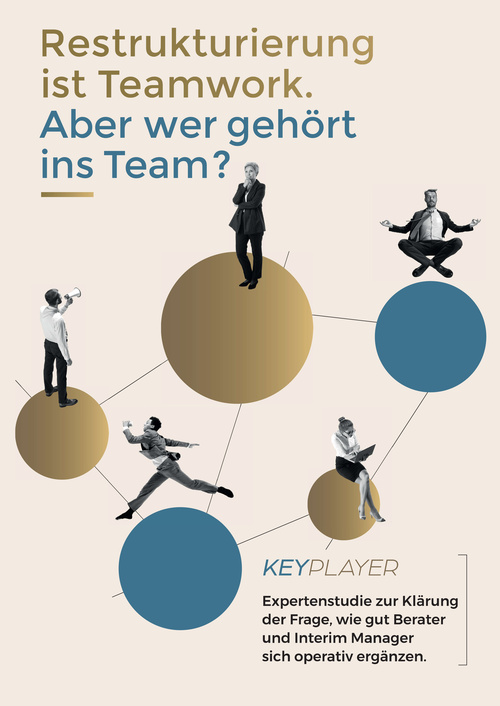
PREVIOUS DAY'S PROGRAM: 20.10.2022
-
Talk 3 plus 1
11:00 - 11:45 Martin Mucha, Stuttgart
DEVELOPMENTS IN THE AUTOMOTIVE SUPPLY INDUSTRY
Live stream from Kufstein with editorial team Markus Exler, Riaz Janjuah and Peter Rasenberger.
During the coronavirus pandemic, OEMs and major automotive suppliers benefited from the support measures, but paid a large sum of dividends to their owners for the 2020/21 financial years. Now the bottleneck is a supply chain bottleneck and the increasing cost of energy, which, in addition to the variety of drive types, is a real challenge. What could the automotive industry face? From an administrator's point of view, what is special about insolvency proceedings with companies in the automotive supplier industry? We had an exciting discussion with our guest Martin Mucha.
HOW TO INNOVATE IN THE MIDST OF A CRISIS
There is no doubt that we are currently experiencing a transformation in the economy and society that has not been seen in decades. Companies are being hit by rapid technological progress and exploding prices. It is therefore more important than ever to take a good look at your own business models early on and check them for “survivability”. As is well known, “hunger is often the best seasoning” – Annabell Pehlivan used practical examples to show how innovations can succeed despite, or perhaps even because of, crises.
-
Moderation
Eva Ringelspacher, Munich
“The idea of TMA NOW is to create an international network of women working in the restructuring industry,” says Eva Ringelspacher.
As always, our unofficial evening event at the Auracher Löchl in Kufstein was fantastic in 2022, too, on the evening before the event.

